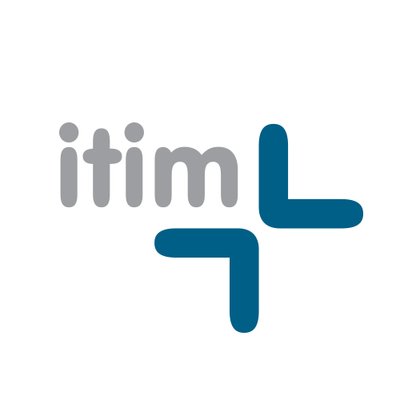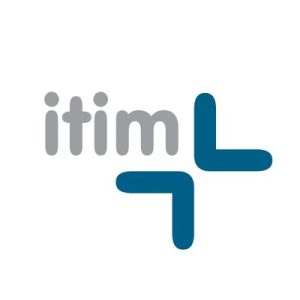Retail is undergoing a profound transformation in 2024 as the boundaries between physical and digital shopping become increasingly blurred. This shift, known as “retail convergence,” is redefining how consumers shop, how retailers engage with their customers, and how businesses operate in a rapidly digitalising world. The blending of these two worlds is not merely a passing trend—it is becoming the standard for modern retail.
Central to this transformation is the rise of omnichannel retailing. This approach allows customers to interact with brands across multiple channels seamlessly, whether in-store, online, or through smart devices. The goal is simple: to let customers shop anytime, anywhere, in any way they choose. Retailers are now integrating advanced technologies into physical stores to enhance the shopping experience, as demonstrated by Timberland’s use of NFC technology. By allowing customers to access detailed product information through handheld tablets, the shopping process becomes more engaging and less reliant on store employees.
Moreover, the rise of “phygital” experiences, where physical and digital interactions merge, is a significant development in retail convergence. Augmented Reality (AR) and Virtual Reality (VR) are being leveraged to create immersive in-store experiences, allowing customers to visualise products in their homes or try on clothes virtually. This not only enhances customer satisfaction but also bridges the gap between online and offline shopping, turning a simple store visit into a memorable experience.
Payment systems are also evolving to meet the demands of this new retail landscape. Traditional checkout processes are being replaced by frictionless payment options designed to eliminate the inconveniences associated with in-store purchases. For instance, fashion retailer Oasis in the UK has implemented a system where sales staff use iPads to assist customers, check product availability, and complete transactions on the spot. This not only speeds up the purchasing process but also significantly enhances the overall customer experience, making shopping more efficient and enjoyable.
Social commerce is another key component of retail convergence. Platforms like Instagram and TikTok are transforming into direct sales channels, allowing users to purchase products straight from their social media feeds. This integration of shopping features into social platforms reduces the gap between product discovery and purchase, making the shopping experience more seamless and accessible. As social media continues to play a central role in consumers’ lives, its importance in the retail ecosystem will only grow.
Data-driven personalisation has become the new standard in retail. With access to vast amounts of consumer data, retailers can now create highly personalised shopping experiences tailored to individual preferences, behaviours, and even locations. This level of personalisation is more than just targeted advertising; it is about crafting an intuitive, responsive shopping journey that meets the unique needs of each customer. Retailers who embrace data-driven strategies are better positioned to offer the seamless, integrated experiences that today’s consumers expect.
Looking forward, retail convergence is not a one-time change but an ongoing evolution. Retailers must stay agile, continuously adopting new technologies and strategies to meet the ever-changing expectations of consumers. The future of retail is set to be a fluid, interconnected ecosystem where the lines between online and offline shopping disappear. Companies that succeed in this new era will be those that offer a seamless, personalised experience across all customer touchpoints.
The future of retail lies in convergence—creating a cohesive, integrated shopping experience that meets consumers wherever they are. From omnichannel strategies and phygital experiences to frictionless payments and data-driven personalisation, the trends shaping retail in 2024 are all about merging the best of both the digital and physical worlds. Retailers who embrace these changes will not only meet the demands of today’s consumers but also set the standard for the future of shopping. Those who resist may find themselves left behind in this rapidly evolving landscape.
itim Group plc (LON:ITIM) is a SaaS-based technology company that enables store-based retailers to optimise their businesses to improve financial performance and effectively compete with online competitors. Itim adds retail value by helping multi-channel retailers optimise their business and their stores to improve financial performance and compete more effectively with the “Amazons”.


